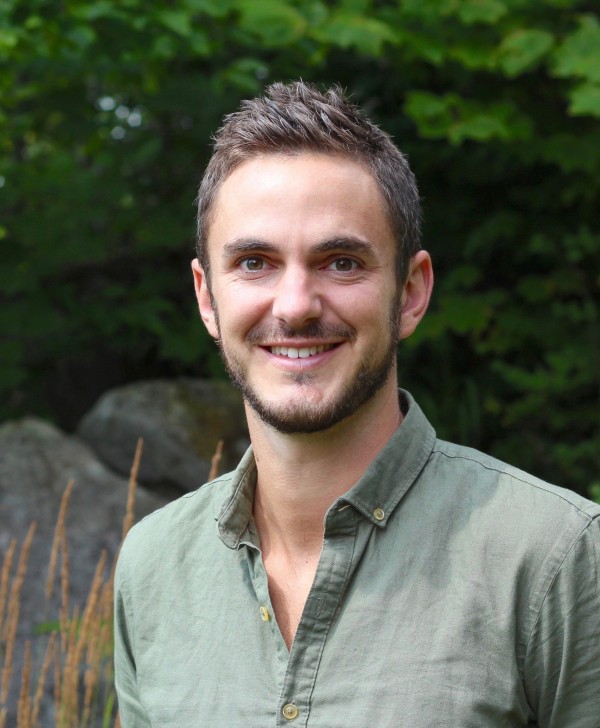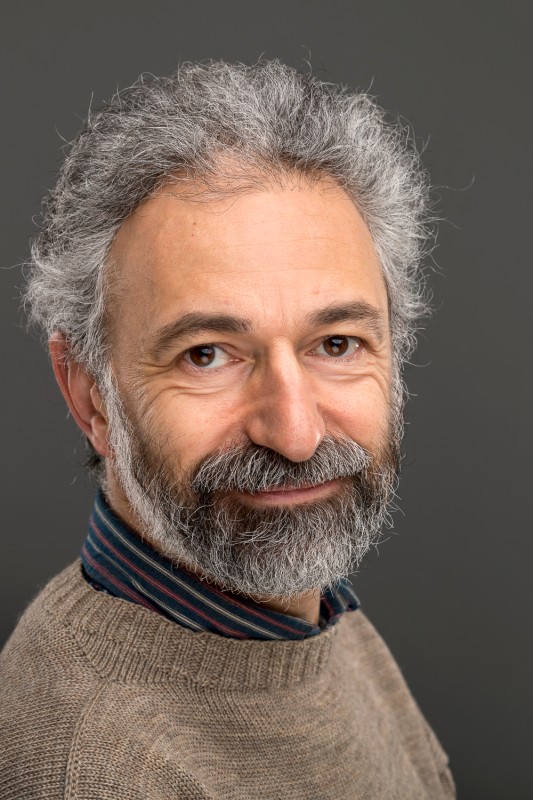Ecosystem Conservation and Restoration
In 2020, the United Nations launched the UN Decade on Ecosystem Restoration, a global initiative aimed at conserving and restoring nature to combat climate change, enhance biodiversity, and improve human well-being. As a burgeoning workforce enters this rapidly expanding field, understanding the fundamental principles of conservation and restoration science becomes crucial for success.

Despite being a relatively young discipline, conservation and restoration science has undergone significant transformation in recent decades. Factors such as changing environmental realities, novel conceptual frameworks, and advancements in technology have shaped its evolution. Given its substantial impact on the environment, policy, and society, it is imperative that environmental science students recognize the pivotal role of science in effective conservation practices.
This course explores how ecological science and technology provides the conceptual structure and knowledge base for new approaches to conservation of biodiversity, habitats, and resources. The course begins by examining the theoretical foundations of conservation science, and how these concepts have developed over the past century. It examines alternative approaches to conservation ranging from traditional protected area and wildlife management systems, through to more recent concepts and approaches, including ecosystem services, natural capital, restoration, and rewilding. It emphasizes the role of new technological and analytical methods, including Earth observation, monitoring systems, AI, and genetics. Finally, the students use a horizon scanning approach to determine the future opportunities, priorities, and constraints for conservation science and practice in our rapidly changing world. Students will evaluate several general questions, including ‘What is conservation, and what do we want to conserve,’ ‘What ecological theories frame conservation and restoration practice,’ and ‘how can science guide conservation decisions’, ‘what new concepts (ecological, societal, economical) shape conservation and restoration theory and practice, and what conflicts do they engender, what prospects does technology offer for future conservation and restoration efforts?’
The structure of the course progresses through the different levels of ecological theory, ranging across organismal physiology, population ecology, community ecology, ecosystem ecology, landscape ecology and finishing with global ecology.
In each class, we will address the main ecological theories that are relevant to address key questions in conservation and restoration practice. However, the students will not be fed these questions – or the theories underlying them – directly from the course leaders. This is a highly interactive course, where much of the learning is led by the students. Each class begins with an interactive discussion session, where the students discuss a paper within small groups. They then switch groups, to transfer the learnings from the first discussion into the wider context. The next phase of each class takes the form of an interactive game, where students will play different roles within an ecological system. By representing different components of the ecological network, the students drive their own conceptual development, and then follow up discussions helps them to place that information into the wider ecological context. We then finish each class with a case study, where we all discuss a particular conservation or restoration project that used the principles that we addressed in that class. This mixture of interactive approaches provides the students with a holistic perspective on the challenge, and an understanding of how they might solve problems in this field to improve the success of conservation and restoration efforts around the world.
Ecosystem Conservation and Restoration provides a foundation on how theoretical and applied natural and social sciences are, coupled to emerging technologies and data science to conserve and restore biodiversity and ecological functions in landscapes. For students wishing to acquire a deeper level of understanding of both science and practice in conservation and restoration, this course will serve as the prerequisite for a two-week Masters-level field course (tentatively titled Conservation, Restoration, and Landscape Management) to Scotland, being developed by the 3 Ghazoul and Crowther labs. Through this range of approaches, we are motivated to ensure that the emerging generations of young environmental scientists leaving ETH Zürich are equipped with the skills, concepts and tools to have a positive impact in driving a socially and ecologically responsible environmental movement.
Innovative Elements
We use a series of discussions, games and case studies to develop a highly interactive learning environment, where students play a key part in shaping their own conceptual development. For the case studies, we also use some of the most cutting edge ecological tools that have been designed to facilitate ecological land management (including the external page Google Earth Engine and external page Restor.eco platforms).
Encouraging Student Engagement
Each class begins with an interactive discussion session, where the students discuss a fundamental academic paper within small groups. They then switch groups, to transfer the learnings from the first discussion into the wider context as they expand their understanding of the topic. After that, the next section of each class takes the form of an interactive game, where students will play different roles within an ecological system. By representing different components of the ecological network, the students drive their own conceptual development. Following that, the group discussion and analysis helps them to place that information into the wider ecological context, and to see how specific theory can be relevant for application. We then finish each class with a case study, where we all discuss a real-world conservation or restoration project that used the principles that we addressed in that class. This mixture of interactive approaches provides the students with a holistic perspective on the challenge, and an understanding of how they might solve problems in this field to improve the
success of conservation and restoration efforts around the world.
Feedback on the Student Learning Process
The course is built on a foundation of constant feedback. Each paper, discussion or game is followed up with a feedback and discussion session to ensure that students are able to identify what learnings they took from the process. This is valuable for us to identify what key learnings were not conveyed in each section of the class, so that we can highlight those key points more prominently in the subsequent sections. We also asked students for feedback at the end of each class, so they could highlight which sections of the class were most useful, and we used that information for prioritizing different sections of subsequent classes. This is a truly interactive learning experience, where we shape the development of the class together to achieve the best experience for the students.
Question:
What effect did the innovative elements have on student learning?
Answer:
This combination of experiences is important for the students to develop their own critical thinking around this highly important topic, and to develop the ability to navigate seamlessly between theoretical and applied sciences.
Question:
Which elements of your project would you recommend to others?
Answer:
From the student feedback, the games were undoubtedly the most interesting, interactive and rewarding parts of the classes. These games were relatively simple, but they built a framework for the students to go much deeper into the topic than we would have been able to explain in a traditional lecture format. But it is critically important that these games are followed up with a full discussion session, to ensure that individual learnings were shared, and placed into the wider context.
Project team
Institut für Integrative Biologie
Universitätstrasse 16
8092
Zürich
Switzerland

Professur Globale Ökosystemökolog.
Universitätstrasse 16
8092
Zürich
Switzerland
Ökosystemmanagement
Universitätstrasse 16
8092
Zürich
Switzerland
